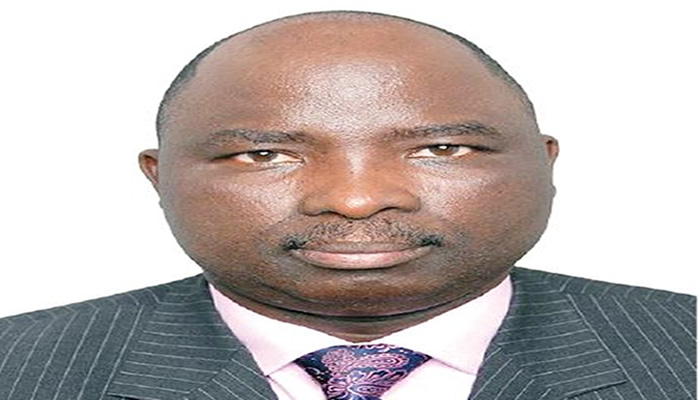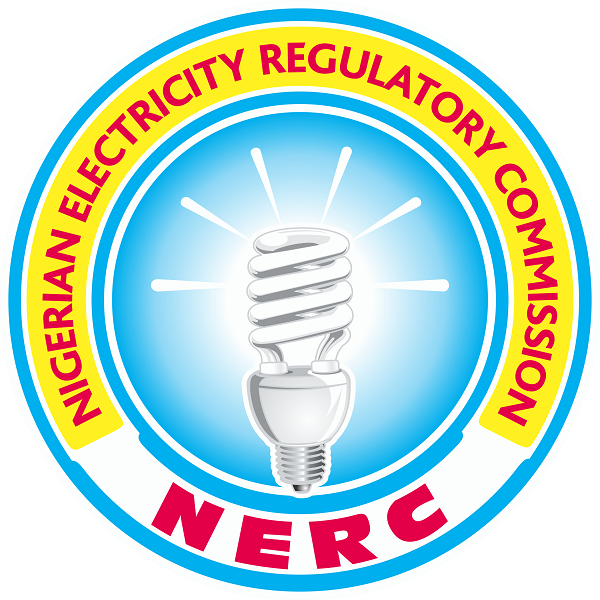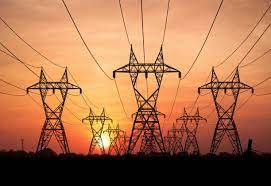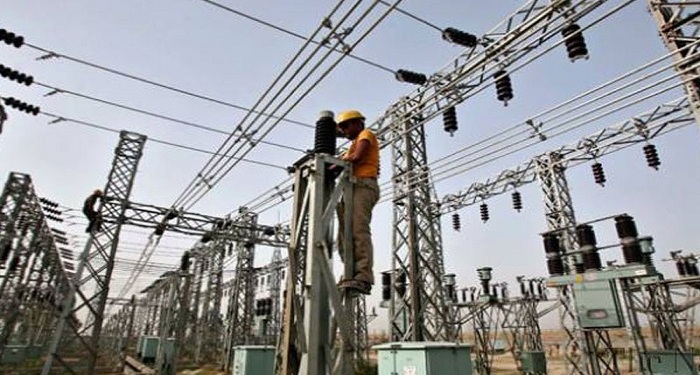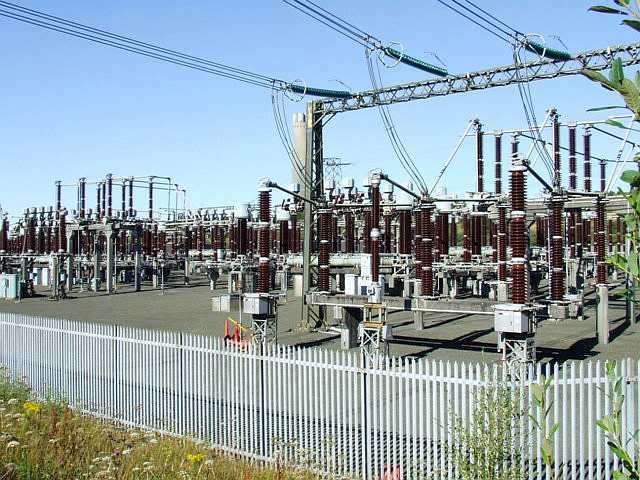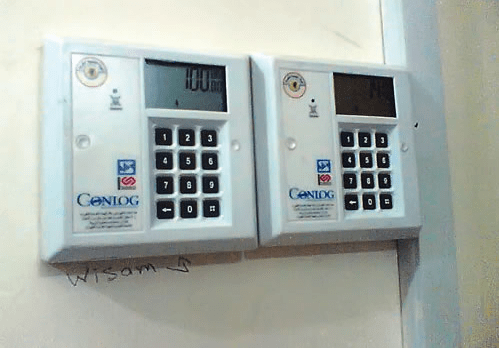
Electricity sector’s penkelemesi
Adelabu, grandson of Adegoke Adelabu, stormy petrel politician of pre-Independence Ibadan politics, should quit explaining the shortcomings of the Gencos and the Discos and concentrate his efforts on expanding the capacity of the national grid that the Bretton Woods institutions should have advised.







